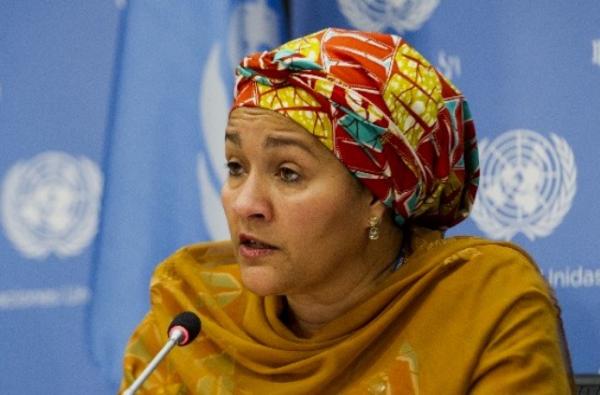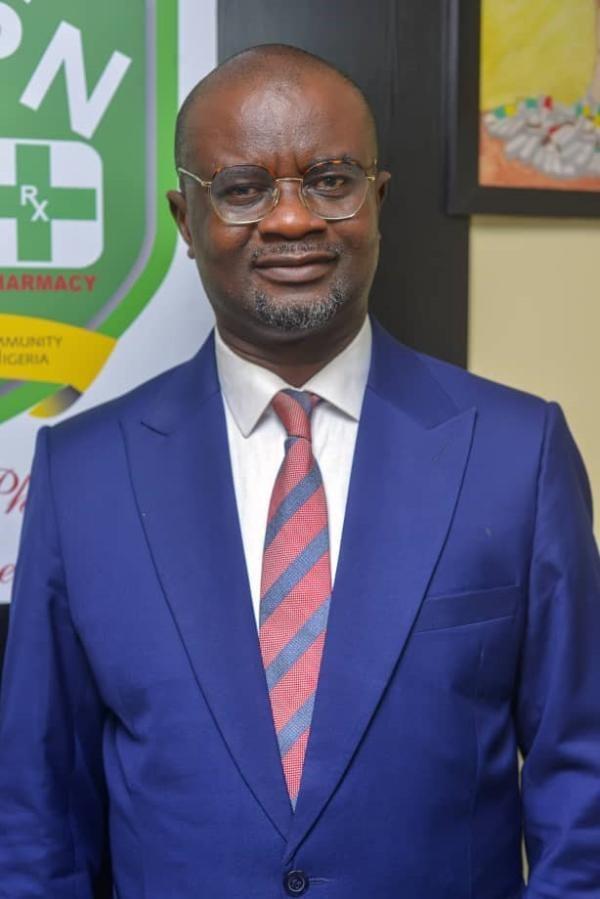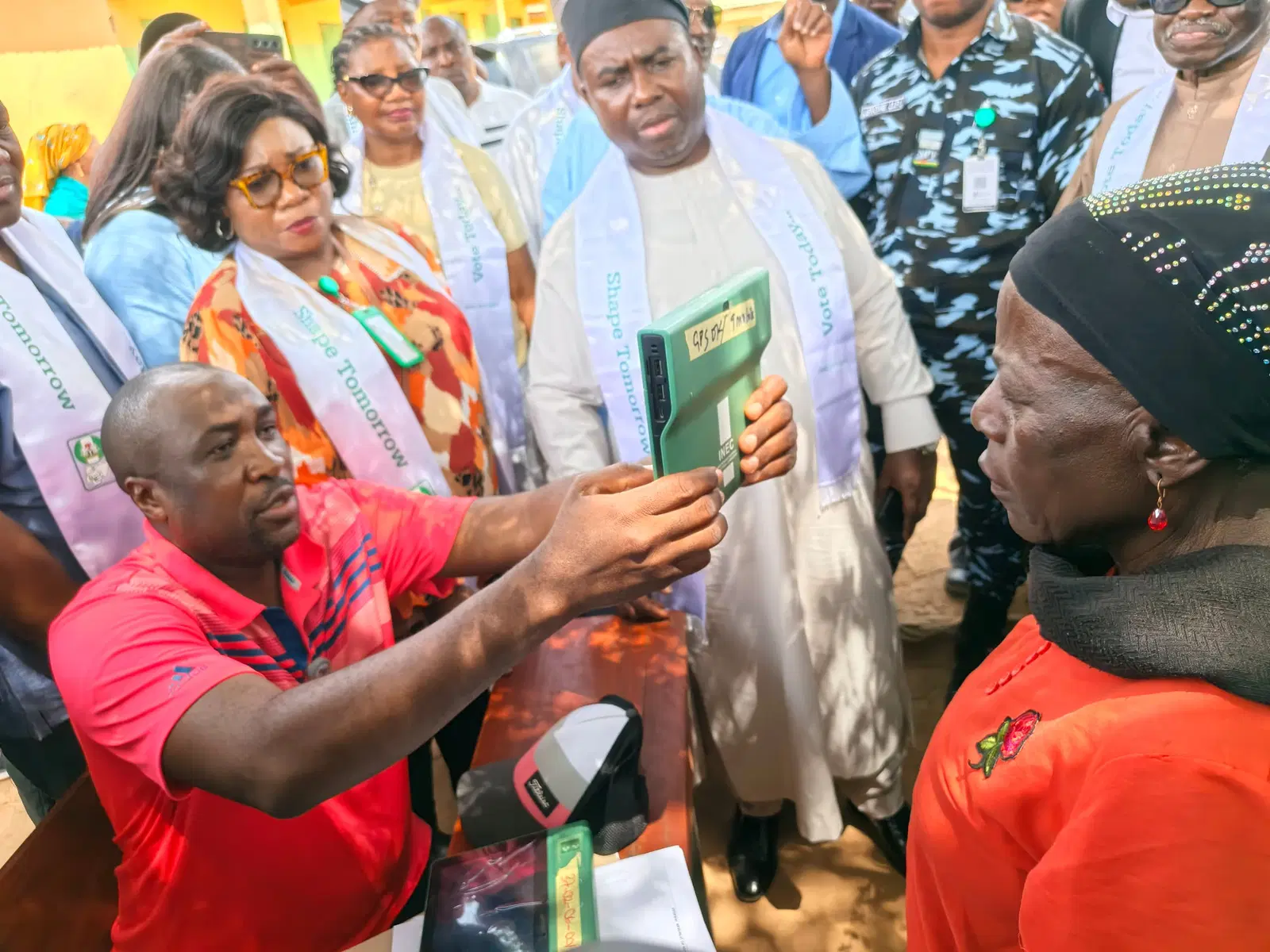
UN Deputy Secretary General, Amina Mohammed, on Thursday urged countries to be committed to the implementation of the Sustainable Development Goals (SDGs), saying the world has less than nine years to reach the ambitious SDGs.
Mohammed told a new coordination meeting of the UN Economic and Social Council (ECOSOC) that the triple planetary crisis of climate change, biodiversity loss and pollution had affected the implementation of the goals.
The two-day ECOSOC Coordination Segment meeting started on Thursday to address the 2022 annual theme of building back better from COVID while advancing the full implementation of the 2030 Development Agenda.
“We are far from where we should be – and the pandemic has pushed us even further off course,” the deputy secretary-general said, adding that “indicators on poverty, hunger, education and jobs are all moving in the wrong direction”.
Although it has taken a great toll on people across the world, particularly those most vulnerable and marginalised, Mohammed echoed the Secretary-General position, saying: “We are neither hopeless nor helpless”.
“People can resolve these challenges by using the Our Common Agenda blueprint, to chart the path forward and reach the SDGs.
“It provides an opportunity to set the tone for the sessions of ECOSOC and its subsidiary bodies and shape the UN system’s policy and normative work in the run up to the High-Level Political Forum, in July,” the deputy chief said.
According to her, inclusive recovery from the COVID-19 pandemic requires scale and ambition along with the careful calibration of policies and partnerships.
Moreover, institutions must be strengthened and global financial systems rejigged to ensure that all countries have the fiscal space needed to invest in their people.
And a more effective financing architecture would bolster debt relief, re-direct Special Drawing Rights (a type of extra foreign exchange asset) and boost the resources of multilateral development banks, according to the senior UN official.
While expressing confidence in ECOSOC’s commissions, forums and subsidiary bodies, she conceded that it would “take an effort from all” to accelerate the SDGs.
ECOSOC President Collen Vixen Kelapile said while the task of building back better from COVID-19 is “daunting”, it must be embraced by Member States to accelerate SDG progress.
And as it provides policy guidance, strengthens multilateral cooperation and mobilises international solidarity – ECOSOC is an important component in achieving the 2030 Agenda, the Addis Ababa Action Agenda for SDG financing, and the Paris Agreement.
ECOSOC is “the one and only platform” that overviews the work of the entire UN system on sustainable development, Kelapile said.
“It is the place where UN system entities, chairs of functional commissions and expert bodies…meet with Member States to discuss the major policy issues…[and] instill direction, create synergies, and increase cooperation and coordination within the UN system at large”.
The ECOSOC President reminded that the new so-called Coordination Segment is designed to enhance the body’s leadership, oversight and coordination role to maximise the impact of the entire UN system.
“We need to ensure that the Council’s deliberations during the coming two days offer clear guidance and inspire fruitful policy discussions leading up to the High-level Political Forum (HLPF),” he said.
He urged the meeting to identify aspects of the 2030 Agenda that are not receiving adequate attention, such as orphan SDGs and targets, and “find them a home in the ECOSOC system”.
“We need to rekindle a spirit of solidarity between peoples and countries,” said the ECOSOC President.
“Above all, we need to rekindle a spirit of solidarity between peoples and countries,” Kelapile said.
“Let us utilise ECOSOC to…develop policy guidance…leverage action by the UN system…overcome the pandemic and achieve the SDGs through strengthened international cooperation and solidarity,” he concluded.
Chairing the meeting, ECOSOC Vice-Presidnet, Suriya Chindawongse, urged the participants to identify both overlap and synergies and encouraged greater coordination in women’s empowerment.
“Only through coordination can we be greater than the sum of our parts and thus more effectively sustain sustainability,” he said. (NAN)






















